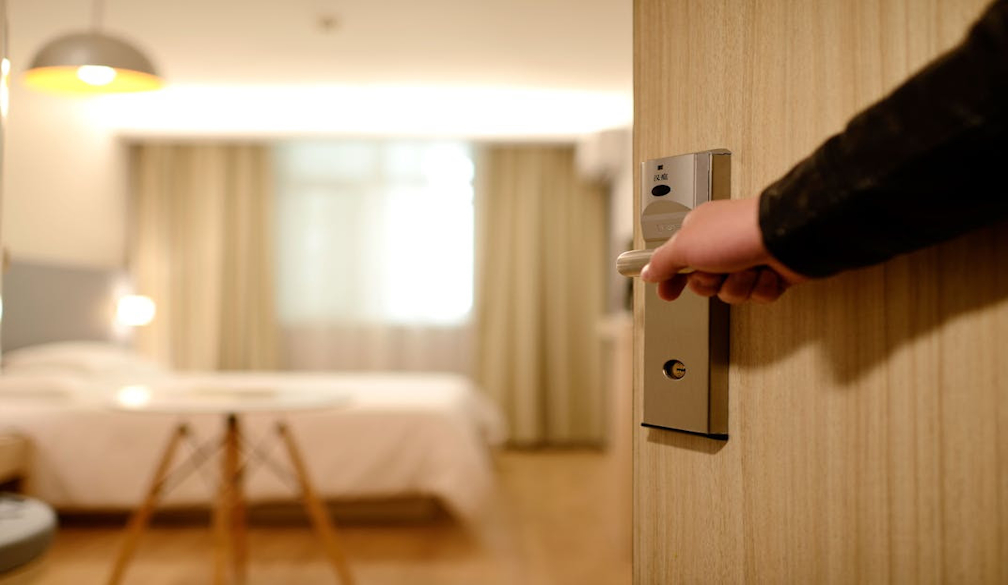Brisbane’s Hotel Industry Held Hostage by Fake Reviews

Picture the scene. You’ve decided it’s high time you took a little break, so you’re perusing suitable accommodation options online. Besides the price, and location, how do you decide which one to book? The chances are, like 90% of online customers, you head straight for the reviews to find out what real people have to say about the property and service they received. We trust what online reviewers have to say – both good and bad. So much so in fact, 86% of us wouldn’t stay at a hotel that had bad reviews, and 92% only visit businesses with a four-star rating or higher. The problem is reviews may not be as trustworthy as we have come to believe. The sad truth is, Brisbane’s multi-million- dollar hotel industry is being held hostage by fake reviews.
Whether they’ve been posted by paid ‘fake’ reviewers, generated by AI, or written by so-called ‘revenge reviewers’ (who may have been forced to leave due to violating the hotel’s policies), they can be extremely costly to a business. Fake reviews that go out of their way to provide potential customers with a false idea about the safety and sanitary conditions of a hotel can result in immense damage to the hotel’s reputation, finances, and overall success. In fact, sites like Google, Yelp, and TripAdvisor that host user-generated reviews can make or break the future of a hotel, particularly a small one that relies on word of mouth and their reputation to get by.
With the rise of paid ‘fake’ reviewers and so ‘revenge reviewing,’ Brisbane-based commercial pest controllers have noticed an upswing in hotel industry clients asking for ‘bed bug free’ certifications, rodent and cockroach control, and more frequent pest control services.
Jonathan, a hotel manager in Brisbane’s central business district explained that many hotel managers, “feel like we're being held hostage by fake reviews. Our whole industry knows how devastating a bed bug infestation can be, but a fake bed bug infestation is just infuriating."
Having a review posted falsely claiming that a hotel is infested with something that is considered a health hazard is incredibly damaging, particularly when the intent is to impact livelihoods. The reputation of a hotel may never recover.
"One of our clients, located quite close to the Queen Street Mall received a series of fake bed bug reviews following an incident where guests were evicted for willful destruction of property during a 'boys’ night.' The hotel followed the protocol for having the review removed but it took some time and they saw a sharp and frightening decrease in bookings while the reviews were live. We've been doing their commercial pest control service for six years, and I know for an absolute fact, there's no bed bug infestation, no cockroaches, no rodents - it's one of the best-maintained hotels in Brisbane," said Keith Jacobs, Director of Brisbane City Pest Control.
Clearly, these fake reviews are a serious problem and hugely detrimental to the whole hotel industry. Hotel guests are growing increasingly suspicious of reviews and the sites they’re posted on. In response, sites like TripAdvisor have upped their game, creating more complex ways of ferreting out the fake reviews from the legitimate ones, and reviews that are deemed to be misleading are removed and the users banned. The response from the hotels themselves who have fallen victim to fake reviews can range from expanding on their best features, calling in pest control services more frequently and more openly, and turning to social media to publicly dispute fake reviews.













